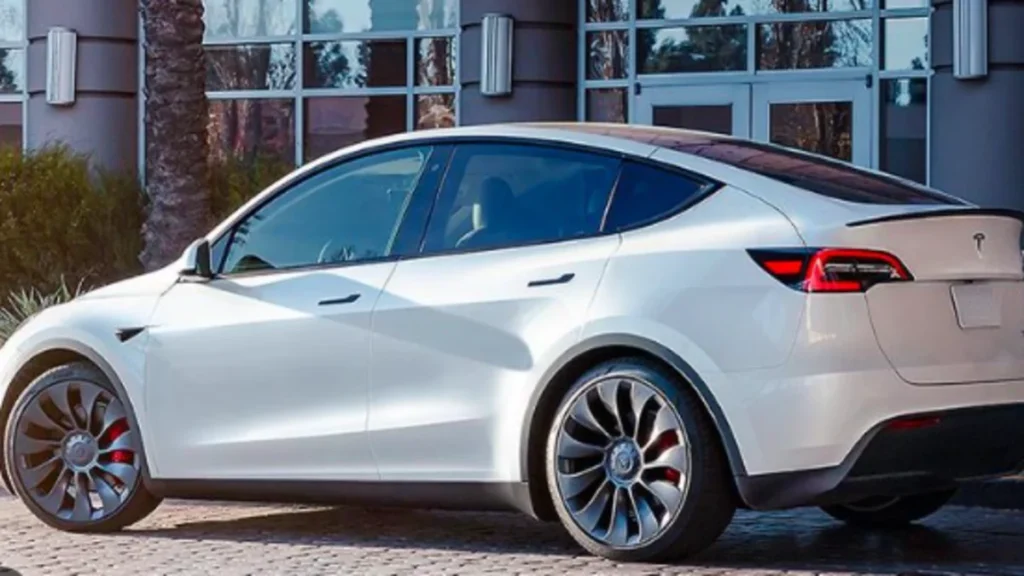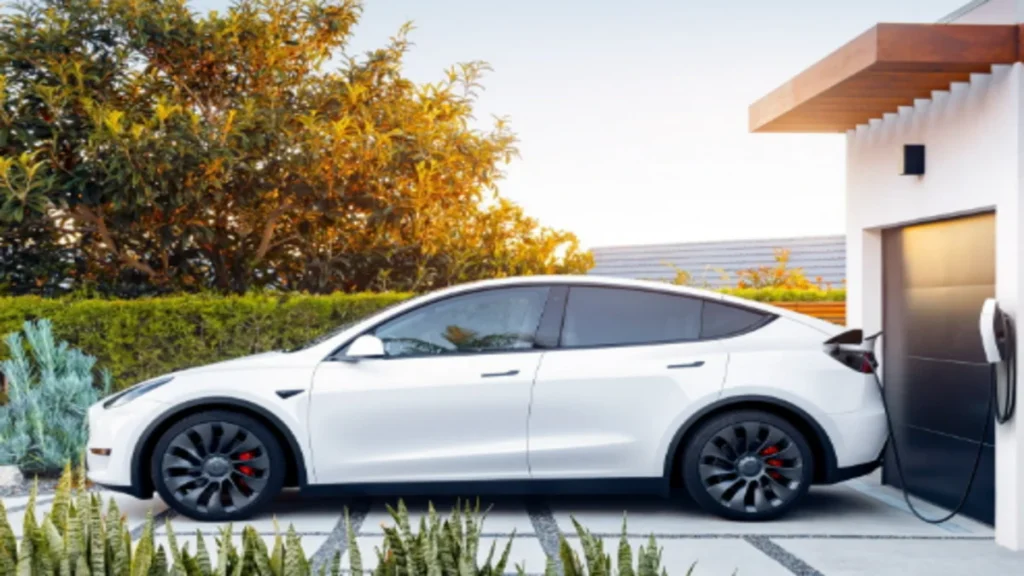Tesla is a company that is well-known for its electric cars, but it also produces energy storage solutions. One of its most popular products is the Tesla Powerwall, which is a rechargeable lithium-ion battery that stores energy from solar panels or the grid. The Powerwall is designed to provide backup power during outages and reduce reliance on the grid. But how much does it cost?
The cost of the Tesla Powerwall varies depending on several factors, such as location, installation costs, and taxes. In the United States, the cost of a single Powerwall unit is around $7,000, but this cost does not include installation. Installation costs can vary depending on the complexity of the installation and the location of the home. Tesla recommends getting a quote from a certified installer to get an accurate estimate.
Despite the high upfront cost, the Tesla Powerwall can provide long-term savings on energy bills. By storing energy during off-peak hours and using it during peak hours, homeowners can reduce their reliance on the grid and save money on their electricity bills. Additionally, the Powerwall is designed to last for at least 10 years, so it can provide reliable backup power for years to come.
In conclusion, the cost of the Tesla Powerwall varies depending on several factors, but it is a worthwhile investment for homeowners who want to reduce their reliance on the grid and save money on their energy bills. By getting a quote from a certified installer, homeowners can get an accurate estimate of the total cost of the Powerwall and make an informed decision about their energy storage needs.
Tesla Powerwall Cost per kWh: Is It Worth the Investment?

The Tesla Powerwall is the future of home energy storage. It’s a rechargeable lithium-ion battery that allows homeowners to store excess energy produced by their solar panels or wind turbines. The stored energy can be used during peak hours or when there’s a power outage. The Powerwall is an excellent investment for those looking to reduce their carbon footprint and save money on their energy bills. However, many homeowners are curious about the cost of the Powerwall per kilowatt-hour (kWh).
The cost of a Tesla Powerwall per kWh varies depending on several factors. The price of the Powerwall itself is about $7,000, but the installation costs can add up quickly. Additionally, the cost per kWh depends on the size of the battery, the amount of energy you use, and the cost of electricity in your area. In general, the cost per kWh for a Tesla Powerwall is between $0.18 and $0.25.
Homeowners should consider the long-term benefits of the Powerwall when evaluating its cost. The Powerwall can pay for itself over time by reducing your energy bills and providing backup power during outages. Additionally, the Powerwall can increase the value of your home and make it more attractive to potential buyers.
If you’re interested in purchasing a Tesla Powerwall, it’s essential to do your research and compare prices from different installers. Tesla offers a list of certified installers on their website, and homeowners should request quotes from multiple providers to ensure they’re getting the best value.
Overall, the cost per kWh for a Tesla Powerwall is a reasonable investment for homeowners looking to reduce their energy bills and carbon footprint. While the upfront costs may seem high, the long-term benefits of the Powerwall make it a smart choice for sustainable living.
Discover the Real Cost of Solar Panels and Tesla Powerwall: A Comprehensive Guide

The cost of energy is a significant expense for many homeowners, and it’s only getting more expensive. Fortunately, there are ways to reduce your energy bills and even eliminate them entirely. One popular solution is to install solar panels and a Tesla Powerwall in your home. Solar panels harness the power of the sun to generate electricity, while the Tesla Powerwall stores that energy so you can use it when you need it most. But what is the cost of installing solar panels and a Tesla Powerwall in your home? The answer is not as straightforward as you might think.
Solar panel installation costs can vary widely depending on the size of your home and the amount of energy you need to generate. On average, a solar panel system for a typical home can cost anywhere from $15,000 to $25,000. However, government incentives and tax credits can significantly reduce that cost. The federal government offers a tax credit of up to 26% of the cost of solar panel installation, while some states offer additional incentives. Additionally, some utility companies offer rebates for homeowners who install solar panels.
The cost of a Tesla Powerwall is also a variable expense. A single Powerwall unit costs around $6,500, and most homes require multiple units to store enough energy to power the home. The installation costs for the Powerwall can also vary depending on the complexity of the installation and the location of your home. However, like solar panel installation, the cost of a Powerwall can be offset by government incentives and tax credits.
Overall, the cost of installing solar panels and a Tesla Powerwall in your home can be a significant investment. However, the long-term savings on your energy bills and the environmental benefits of generating your own clean energy make it a worthwhile investment for many homeowners. With the right incentives and financing options, solar panel and Powerwall installation can be an affordable and practical solution for reducing your energy costs.
Tesla Battery Cost: How Much Does It Really Cost to Replace?
How much is Tesla battery cost? This is the question that many people are asking as they consider buying a Tesla vehicle. The cost of a Tesla battery varies depending on the model and the capacity of the battery. Generally, the cost ranges from $5,000 to $7,000 for a replacement battery. However, the cost can be significantly higher depending on the model of the vehicle and the age of the battery. Tesla offers a warranty on its batteries, which covers the battery for a certain number of years or miles. If the battery fails within the warranty period, Tesla will replace it at no cost to the owner.
Tesla has been at the forefront of the electric vehicle revolution, and its batteries are a key part of its success. Tesla’s batteries are known for their performance, longevity, and energy efficiency. The company has invested heavily in the development of its batteries, and it’s constantly working to improve their performance and reduce their cost.
Tesla’s batteries are made up of thousands of small cells, which are arranged in modules and packs. The cells are made from lithium-ion, which is a highly efficient and lightweight material. The batteries are designed to last for many years, and they’re capable of holding a large amount of energy.
In conclusion, the cost of a Tesla battery varies depending on the model and the capacity of the battery. While the cost of a replacement battery can be expensive, Tesla’s batteries are known for their longevity and energy efficiency. The company is constantly working to improve its batteries and reduce their cost, which is good news for Tesla owners and electric vehicle enthusiasts.

